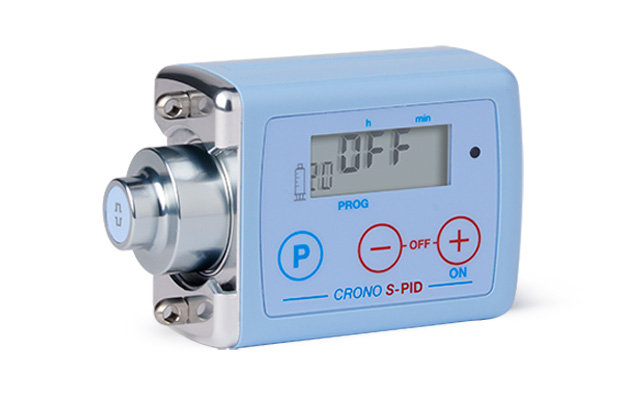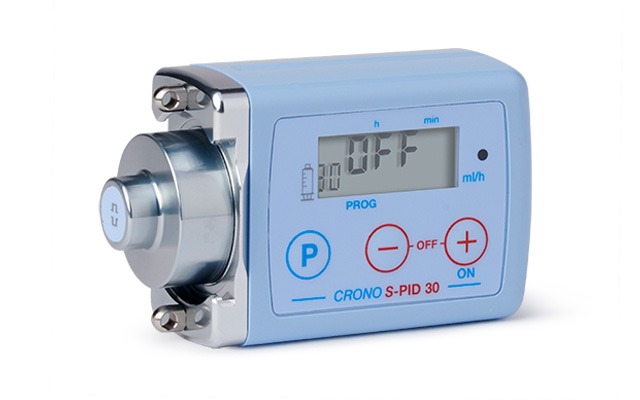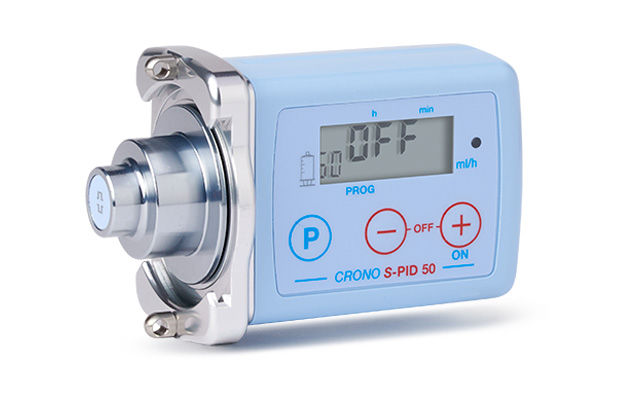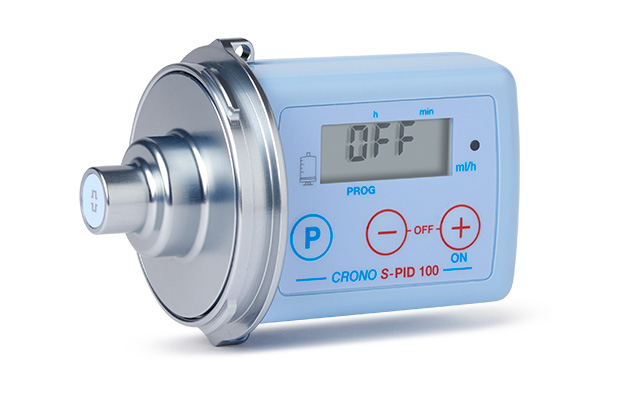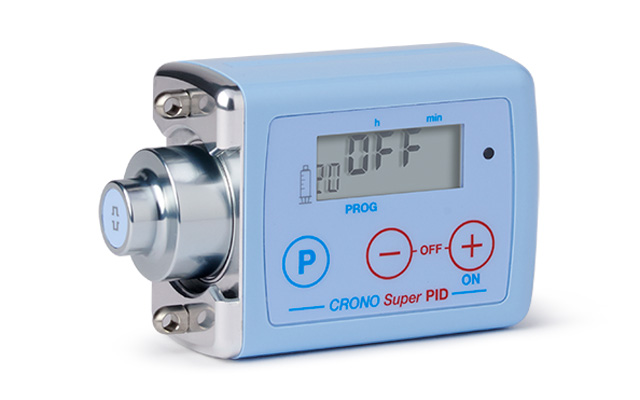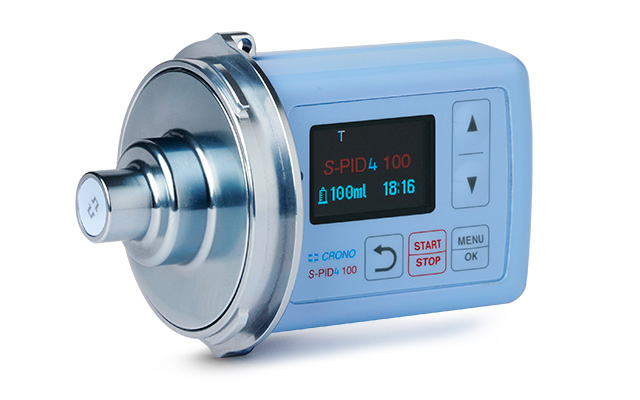Primary and secondary immunodeficiencies
Immunodeficiencies are a group of more than 250 diseases in which the immune system loses all or part of its functionality.
Normally, the immune system protects the human body from pathogenic microorganisms (such as bacteria, viruses and fungi) that can cause infectious diseases.
When a part of this system fails or is absent, the patient contracts infections more frequently and takes longer to heal.
Primary Immunodeficiencies (PIDs) occur when the defect in the immune system is of genetic origin..
In addition to being very numerous, primary immunodeficiencies are characterised by non-specific symptoms that complicate the recognition of the disease by doctors.
Literature data indicate that, on average, actual diagnosis may occur only 5.5 years for adults and 2.5 years for children after the onset of the first symptoms.
In immunodeficiencies associated with antibody deficiency, the preferred treatment is represented by replacement therapy with immunoglobulins, whose timely start is essential to avoid the onset of irreversible damage caused by infections to organs and systems.
Secondary immunodeficiencies (SID) are caused by various factors such as, for example, malignant tumours, in particular those affecting the haematopoietic and lymphoreticular system.
Other causes can be metabolic diseases and/or malnutrition.
Immunoglobulin therapy is used in the treatment of hypogammaglobulinemia associated with chronic lymphocytic leukaemia (CCL) and multiple myeloma (MM), often caused by concomitant immunosuppressive therapies.
These patients may benefit from immunoglobulin replacement therapy in addition to the standard treatment required for their primary disease.
Dysimmune neuropathies
Dysimmune neuropathies are a group of neurological diseases that include chronic inflammatory demyelinating polyneuropathy (CIDP), multifocal motor neuropathy (MMN), Guillain-Barré syndrome (GBS), and Lewis-Sumner syndrome.
They are rare and disabling diseases, which can affect the ability to walk or grasp objects; they can also cause numbness, tingling or pain in the hands and feet.
These diseases can be progressive, with possible periods of recovery and relapses, or become chronic: presently, it is not possible to recover from the disease, but currently available therapies can significantly improve symptoms.
Immunoglobulin therapy
Currently available therapies vary according to the severity of the disease, one of which is the administration (intravenous or subcutaneous) of immunoglobulins.
Intravenous immunoglobulin administration represented a major change in the natural history of these diseases, drastically reducing infectious episodes and thus improving patients' quality of life.
With intravenous replacement therapy, a high plasma immunoglobulin peak is rapidly achieved, maintaining a protective circulating antibody level with an infusion every 3-4 weeks in a hospital setting.
Subcutaneous immunoglobulin replacement therapy is a form of administration already attempted in the past and resumed in recent years by making small adjustments that have increased compliance in patients with primary immunodeficiencies.
A portable infusion pump is used to infuse the drug through a small needle inserted into the subcutaneous tissue of the abdomen, shoulders or thigh.
Since the infusion site is the subcutis, the amount of immunoglobulin that can be infused is less than that with intravenous administration and absorption is slower; consequently, multiple short-term home infusions with an infusion pump (every 7-15 days) are required each month.
However, with these short and frequent administrations, the subcutaneously-infused immunoglobulins have longer circulatory survival than those infused intravenously, and can maintain stable serum levels for longer and a typically flat pharmacokinetic pattern that lacks the peak of an intravenous infusion.
Home therapy with subcutaneous immunoglobulins in diseases characterised by antibody deficiencies, or which require immuno-modulation, has several advantages over standard hospital intravenous therapy:
- Venous access not necessary
- Hospital access for particularly fragile patients is avoided, so avoiding exposure to possible infections.
- The possibility to carry out infusions at home using a portable infusion pump, thus reducing the frequency of visits to the hospital and guaranteeing time savings and lower costs for patients.
- Reduction of infusion times: the subcutaneous infusion takes about 30-60 minutes compared to the 3-4 hours required for intravenous administration of immunoglobulins.
- During the subcutaneous infusion of immunoglobulins, the patient can move and carry out the normal activities of daily life, thanks to the fact that the infusion pump, if small, can be easily transported.
- The typically local side effects following subcutaneous immunoglobulin infusion are minor and moderate compared to those possible with infused immunoglobulins (muscle aches, fever, chills, headache, nausea, vomiting, anaphylactic shock).
- The economic advantage that this technique apparently offers both families with relatives affected by primary immunodeficiencies, and the health system.
- Frequent infusions of subcutaneous immunoglobulins allow the formation of a local deposit that ensures an almost constant level of IgG over time, guaranteeing more prolonged protection against infections while maintaining constant protective levels.
CANE’ Medical Technology S.p.A. has developed several models of portable infusion pumps for the subcutaneous administration of immunoglobulins with variable drug volumes depending on the quantity of subcutaneous immunoglobulin to be administered.
The company's goal is to offer an infusion pump capable of improving the quality of life of patients requiring subcutaneous immunoglobulin infusions.
Canè Medical Technology confirms its position as European leader leader in the distribution of infusion pumps for the subcutaneous treatment of primary immunodeficiencies.
Associated products
The products described in this website are covered by the EU declaration of conformity, so they are intended for the EU market, with the declared intended purpose.
For non-EU markets such as the US, please contact CANÈ S.p.A. to identify the correct product and the corresponding destination of use.
